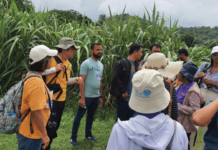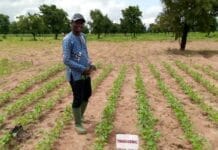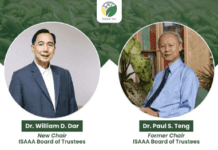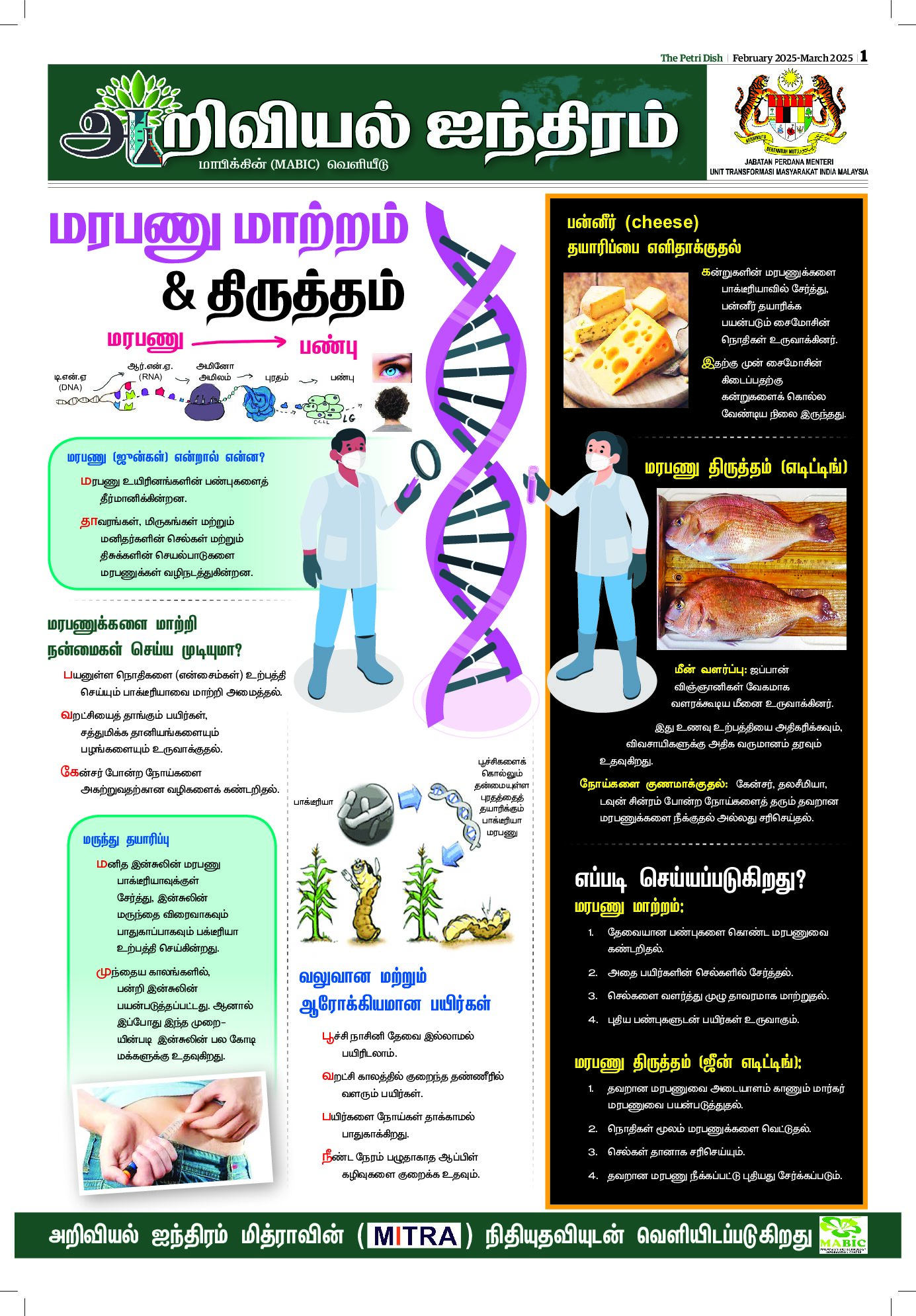THE Food and Agriculture Organisation of the United Nations (FAO) and the UN Educational, Scientific and Cultural Organisation (UNESCO) have renewed their partnership to boost efforts to achieve the Sustainable Development Goals, including the goal of Zero Hunger. FAO Director-General Jose Graziano da Silva and UNESCO Director-General Audrey Azoulay today signed a new Memorandum of Understanding in Paris. It comes more than 70 years after the first partnership signing between the agencies.
“This new agreement opens a new chapter in the relationship between our two organisations,” said FAO’s Graziano da Silva. “We need to work closer together to accelerate our efforts towards the goals set out under Agenda 2030.”
UNESCO Director-General Audrey Azoulay welcomed reinforced collaboration between UNESCO and FAO as two key Specialized Agencies of the UN system.
“The nexus between education, culture, food and health is at the centre of many of the challenges faced in this century”, she highlighted. “We are committed to strengthening our collaboration in these areas to create sustainable futures for societies.”
Under the partnership, FAO and UNESCO have agreed to support the development of learning modules, teaching aids and practical sessions for agricultural secondary schools, universities and farmer field schools on food security and sustainable food systems. The agencies will also explore opportunities for nutrition education and healthy nutrition in schools.
This builds on the joint work already being carried out in South Sudan’s cattle camps, where literacy and numeracy training by UNESCO is incorporated into FAO’s Pastoral Field School approach. This means young people can access a formal school curriculum as well as topics on livestock management and livelihoods’ diversification.
FAO and UNESCO will also develop a joint knowledge-sharing platform on the nexus between food, culture and peace, and develop special education projects in poor, rural conflict-affected areas.
Youth Award on SDGs
The two agencies in cooperation with international organisations, governments and large youth organisations will develop a global platform for young people to become champions of the SDGs in their local communities, and an international award will honour outstanding contributions.
Safeguarding agricultural heritage
FAO will also continue work on the Globally Important Agricultural Heritage Systems, and build on the existing cooperation with UNESCO’s World Heritage Systems.
The cooperation will also further explore synergies between UNESCO’s 1972 World Heritage Convention and FAO’s GIAHS in the field of sustainable fisheries, wildlife conservation and protected areas, climate change and forests. The agencies will also work to identify elements of living heritage related to agricultural heritage systems and review measures to safeguard them at the national level. – FAO












